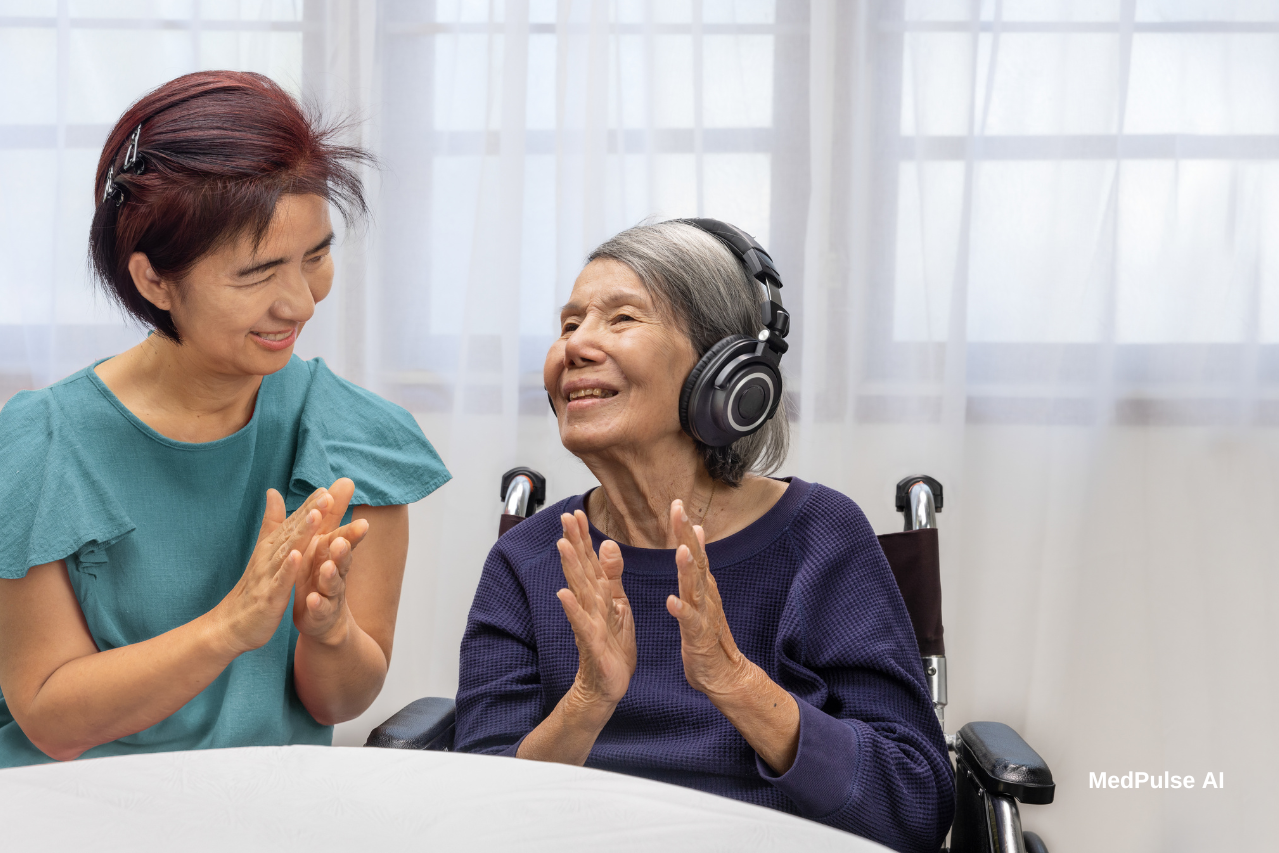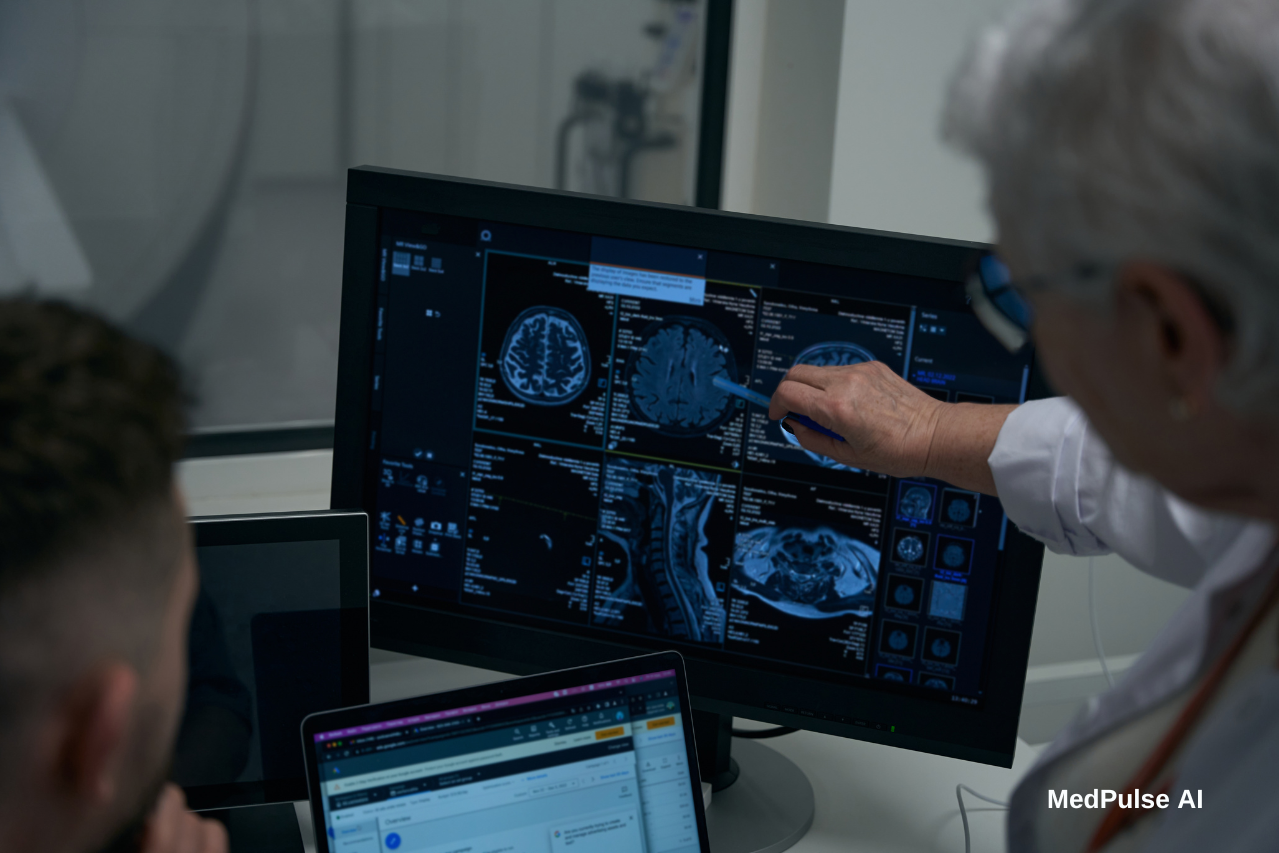The University of Massachusetts Amherst’s Institute for Applied Life Sciences (IALS) and technology firm REOFTech have embarked on a collaborative pilot study to develop an AI-driven platform aimed at enhancing the relationship between Alzheimer’s disease patients and their caregivers. This initiative has secured $280,000 in funding from the Massachusetts AI and Technology Center for Connected Care in Aging and Alzheimer’s Disease (MassAITC).
The Scope and Goals of the Project
The project will integrate wearable health trackers and smart home sensors into 22 households to monitor patient behavior and caregiver well-being. By leveraging AI, the collected data will be analyzed to pinpoint factors that lead to patient agitation and caregiver stress. The ultimate goal is to develop dynamic, actionable interventions tailored to the unique needs of each household, fostering a more harmonious and healthful environment.
What sets this initiative apart is its focus on the interconnected well-being of patients and caregivers. Alzheimer’s care is demanding, with caregivers often experiencing burnout, stress, and financial strain. The AI model aims to offer insights that not only ease caregiver burdens but also improve patient outcomes by proactively addressing triggers for agitation or discomfort.
Unique Collaboration and Regional Relevance
A key partner in the project is OPAPA, an Alzheimer’s care organization based in San Juan, Puerto Rico. This collaboration is particularly significant given the disproportionately high prevalence of Alzheimer’s disease in Puerto Rico. By focusing on this region, the project addresses a critical public health challenge while ensuring cultural and contextual relevance in its interventions.
Advertisement

Additionally, the project acknowledges the economic impact of caregiving. Many caregivers provide unpaid labor, contributing to substantial financial and emotional strain. This initiative includes an effort to explore mechanisms for compensating caregivers through Medicare and Medicaid, adding a layer of advocacy to its scientific and technological advancements.
Transformative Implications for Care
By combining AI with wearable and smart home technologies, UMass Amherst and REOFTech are not just developing tools—they are redefining how care is delivered in the home setting. The project’s dynamic approach to care planning adapts to the evolving needs of patients and caregivers alike. For example, if a sensor detects patterns indicative of increased patient agitation during specific times of day, the system could suggest adjustments to daily routines or environmental conditions.
Moreover, caregivers benefit from insights into their own health and stress levels, empowering them to take proactive measures to maintain their well-being. The project reflects an understanding that caregiver health directly impacts patient outcomes, reinforcing the importance of holistic care models.
Broader Impact on Aging and Alzheimer’s Care
This initiative is part of MassAITC’s broader mission to enhance connected care for aging populations. MassAITC has funded 11 pilot projects with a combined $2.3 million investment, all of which aim to explore how AI can transform in-home care for aging adults and individuals with Alzheimer’s disease. These efforts collectively represent a paradigm shift in how aging and neurodegenerative diseases are managed, focusing on prevention, early intervention, and personalized care.
Looking Ahead
As the pilot study progresses, it has the potential to create a scalable model for other regions and conditions. The integration of AI in caregiving not only promises to improve quality of life for Alzheimer’s patients but also opens the door for broader applications in chronic disease management, aging in place, and even mental health support.
The partnership between UMass Amherst and REOFTech exemplifies how academia and technology firms can unite to address pressing healthcare challenges. By focusing on the symbiotic relationship between patient and caregiver well-being, this project could pave the way for more compassionate and efficient care systems globally.




